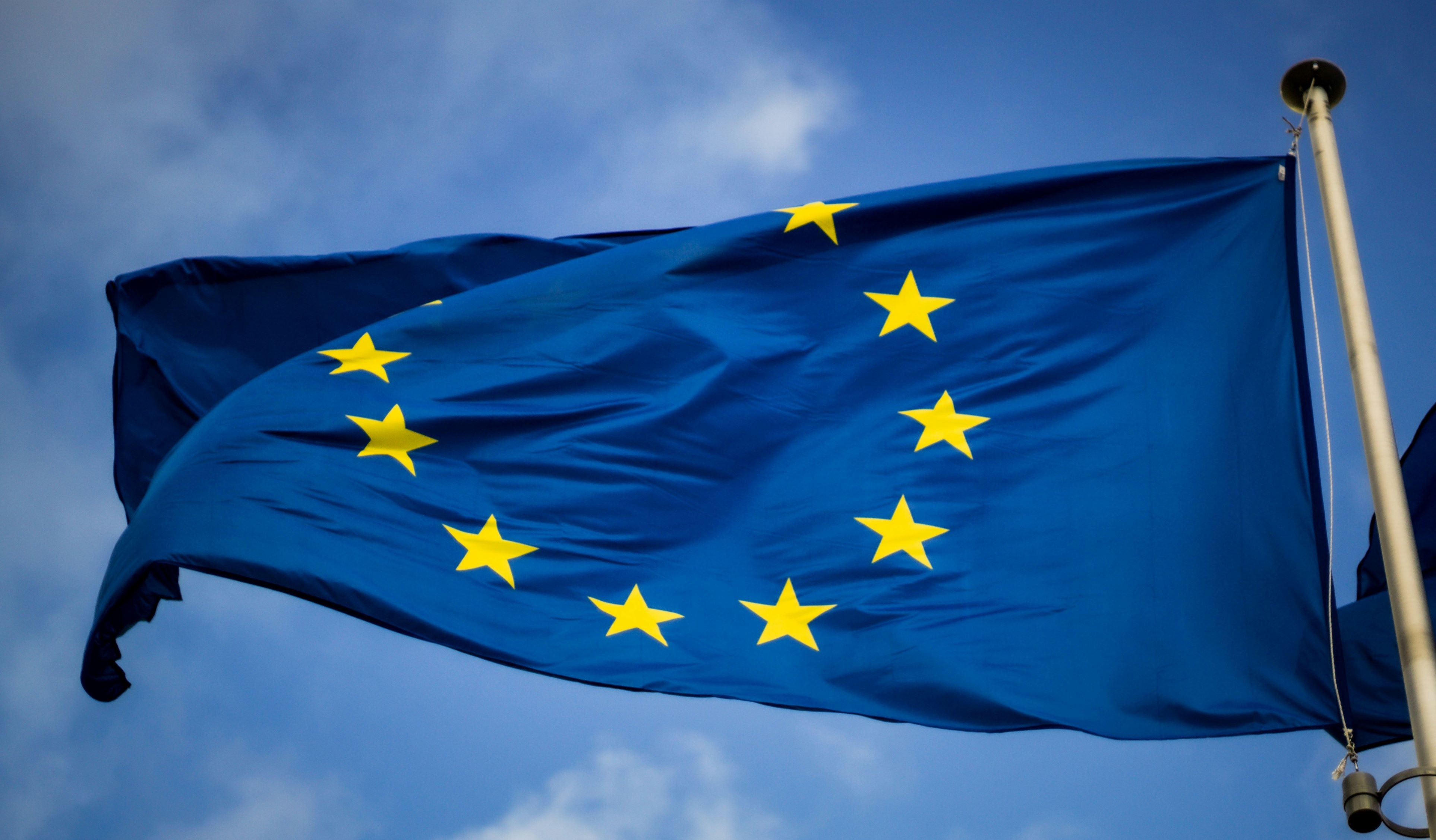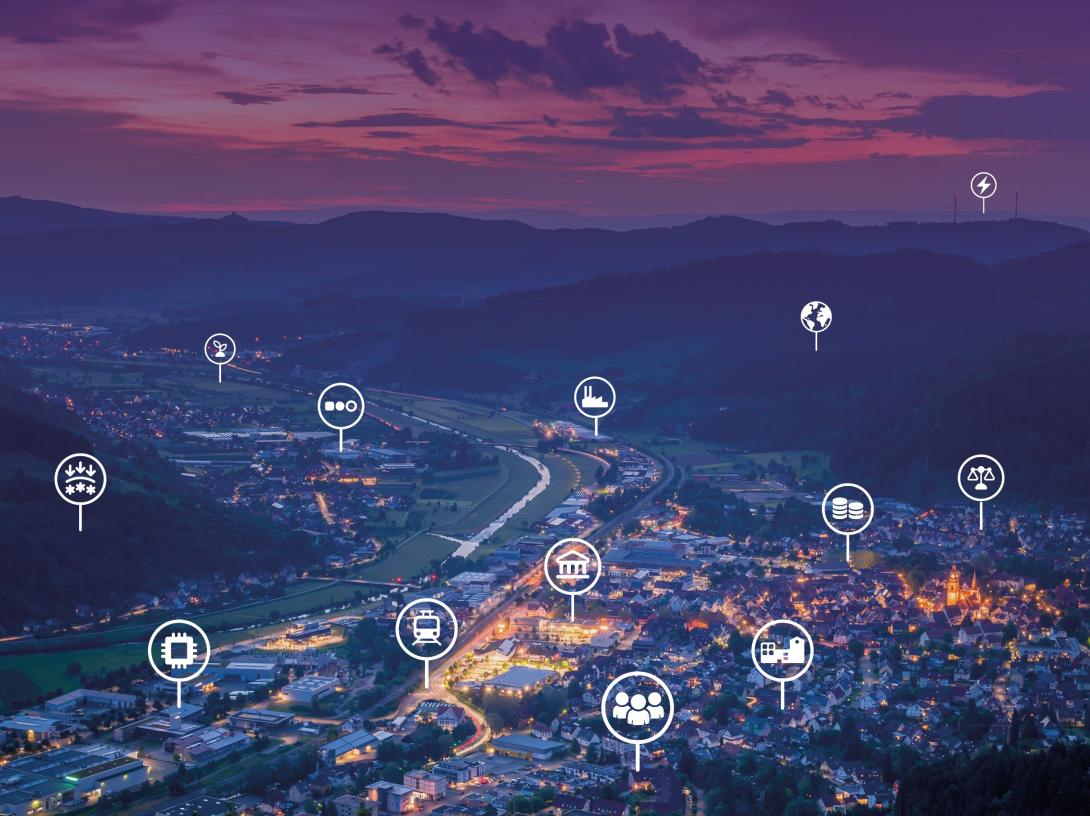Lower electricity bills and enhanced energy security
One of the most tangible benefits of transitioning to renewable energy and upgrading to more energy efficient homes can be lower electricity bills. Decarbonising the power sector by 2035 can help lower electricity prices by 12%, leading to a reduction in household energy bills by two-thirds. By implementing energy efficiency renovations in homes, households can significantly reduce energy consumption and costs. Installing smart electricity metres, energy-efficient electrical appliances, and better insulation are just some examples of easy actions that can reduce demand and lead to energy savings for households.
Moreover, investing in renewable energy and energy efficiency measures enhances energy security. By diversifying energy sources and reducing dependence on fossil fuels from other countries, especially in the context of the Russian invasion of Ukraine, Europe becomes less vulnerable to supply disruptions and price fluctuations in the global energy market, as renewable energy is not impacted by fuel price shocks. This means a more stable and reliable energy supply for all EU citizens with renewable energy helping to reduce electricity prices.
ECNO finds that, while the EU is heading in the right direction on decarbonising the electricity sector and increasing energy efficiency efforts, there’s still more to be done. Subsidies for efficiency upgrades and clean energy will be needed for a certain transitionary period, but once implemented, all households will benefit. Since 2015, energy subsidies for households and energy efficiency have ramped up, but delivery of subsidies is still too slow and insufficient. The Social Climate Fund will provide more sources of financial support for households starting in 2026; in the meantime, Member States can increase their existing measures to support vulnerable households.
Green jobs, economic competitiveness and just transition
Creating well-paying, high-quality green jobs and contributing to economic growth and the EU’s competitiveness in the clean energy sector can be the backbone of the transition. From retrofitting buildings with energy efficient upgrades to manufacturing and installing clean technologies like heat pumps and solar panels, green jobs can generate long-term economic growth, and help regions impacted by the transition away from fossil fuels. Furthermore, investing in clean energy technologies and manufacturing strengthens the EU’s competitiveness on the global stage. By leading the way in renewable energy innovation, Europe will position itself as a strong leader in the transition to a greener future, attracting investment and driving economic growth.
The EU aims to ensure social, climate and energy justice in the transition toward a climate neutral economy with just transition policies as the cornerstone of the European Green Deal. The Just Transition Mechanism focuses on local and regional economies in fossil-dependent regions, while the Social Climate Fund will protect vulnerable households experiencing energy and mobility poverty, as well as contribute to the creation of green jobs. The ECNO analysis finds that with the Social Climate Fund and Just Transition Fund resources, it is essential for the EU to move from planning to implementation, in coordination with Member States’ regional authorities and stakeholders to improve capacity building to achieve a just and inclusive transition.
Furthermore, ECNO finds that while green jobs are on the rise and headed in the right direction, the EU is still too slow in developing these jobs, especially in light of the speed of change required for a just transition. Both direct and indirect employment in the renewable energy sector are experiencing a gradual shift, with the heat pump industry employing the most workers: 26% of all EU renewable energy employment. More can be done to accelerate this trend; the EU can build on policy frameworks to scale up cleantech and invest in skills development to help the EU realise the potential of the green jobs market and enhance the EU’s competitive edge. More signs are pointing to progress through the Net Zero Industry Act and potentially a European Competitiveness Deal.





